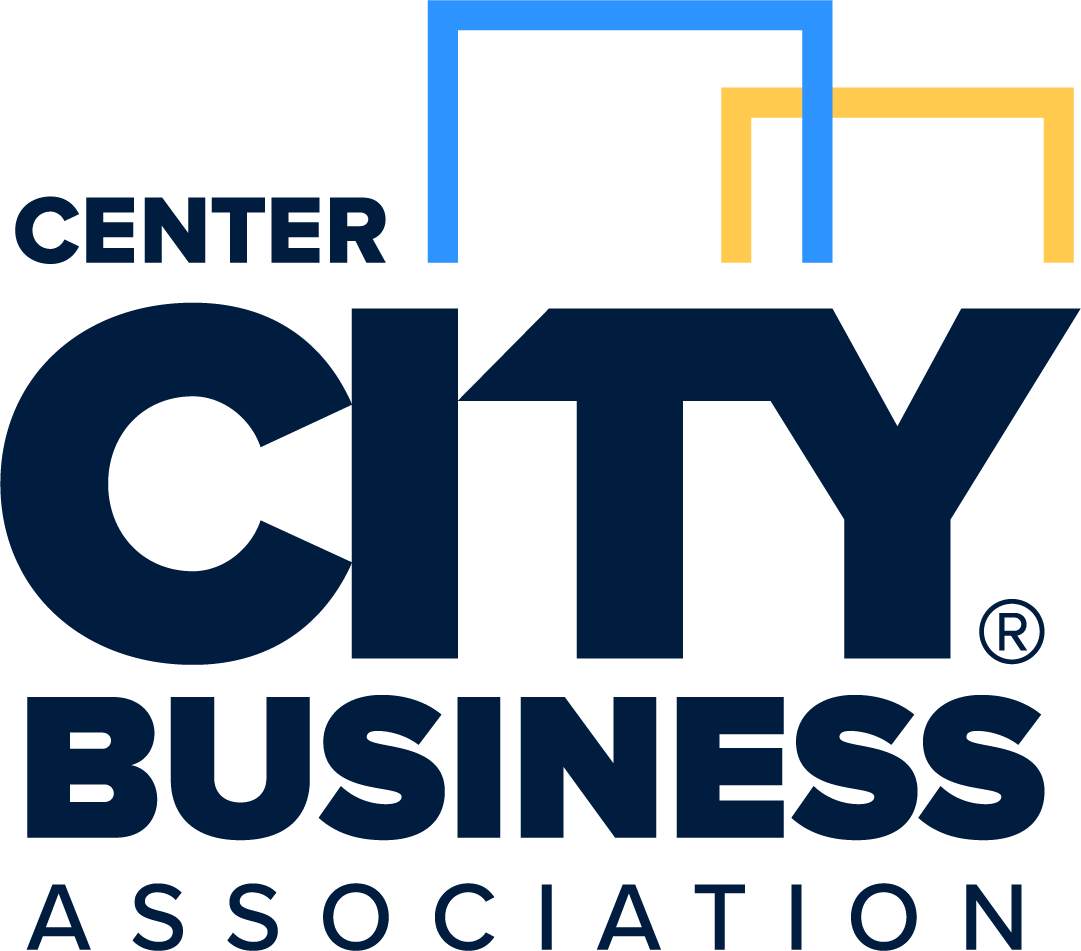Women changing the city: Concentrate on what’s behind closed doors by Susie Perloff
/The four women on CCPA’s May 23 “Women changing the city” panel agree: For women, being yourself is the best way to get ahead.
“Wear your pink shoes if they make you feel good,” says Lauren Gilchrist, senior vice president and senior director of research at JLL, a Philadelphia commercial real estate firm. “Be who you are. We need the smartest people in the workforce, regardless of how they package themselves.”
Angela Val, chief administrative officer of the Philadelphia Convention and Visitors Bureau concurs. “I am going to be me at work,” she says. “I don’t wear suits. I let my hair go natural. Be the woman that you really are.”
Those comments may not be the most solemn, but they captured the attention of the 90 attendees. Moderator Elizabeth Wellington, lifestyle columnist at The Philadelphia Inquirer, pulled it all together.
The Honorable Phyllis W. Beck, the first woman to serve on the Superior Court of Pennsylvania, was slightly older than her colleagues on the panel, given that her daughter now serves on that court, while others plan play-dates for their kids. Over the past several decades, Judge Beck says, she has seen women growing into the leadership of important businesses and fields. Among them:
Jennifer Childs, co-founder and artistic director of the local theatrical company 1812 Productions, typifies women leading arts organizations.
Too few women gain partnership in law firms, with the bold exception of Jami McKeown, who heads Morgan Lewis, the 10th largest practice in the country last year.
More women worldwide direct philanthropies, particularly Rebecca Rimel, president and CEO of Pew Charitable Trusts since 1994. (Beck is currently chair and CFO of the Independence Foundation.)
Doors continue opening for women, says Annina M. Hogan, executive vice president at Remington & Vernick Engineers. “We need to concentrate not on the obstacles but on what’s on the other side.”
Gilchrist believes that, while the recent recession shook the entire business world, it left in its wake many opportunities for women. “We are seeing fierce competition for the best and the brightest. Women can thrive, step up and lead,” she says, encouraging them to be strategic and thoughtful along the way.
Why is it important for women to lead? Because female managers, directors and top dogs give other women comfort and a goal, says Hogan. “When they see a mentor who looks like them, women realize that they can embrace diverse opinions.”
Gilchrist knows that women can’t save the world, “But we can be of service to the people in our industry, to our clients, to the people around us. The tech field, especially, is leveling the playing field for women – as well as making life more challenging.”
And the future? Val recommends that female bosses mentor their superstars so that they, too, can become leaders. Beck reminds the audience that next year will be the 100th anniversary of women being able to vote in the United States. “The nation has to look hard at women being just private caretakers. We need to provide good childcare so that women can get out from under the burden of career and husband and children – and begin to focus on their career.”
I love to write. I am your friend who WRITES and teaches writing in Pennsylvania.
Reach Susie Perloff at
writerphiladelphia@gmail.com
215-985-1001
Philadelphia PA
www.writerphiladelphia.com


